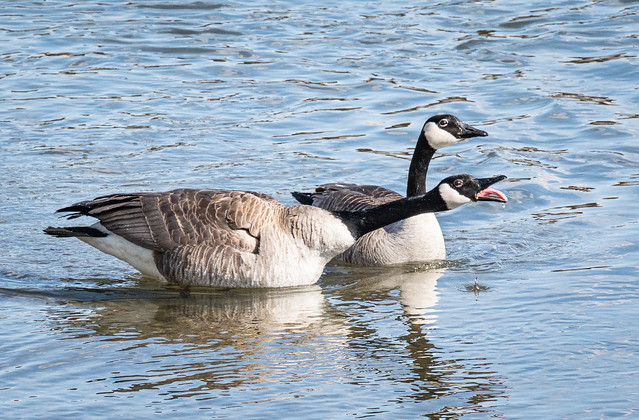An online webinar hosted by the Nature Conservancy of Canada will discuss the importance of community pastures at 11:30 am, Apr. 8.
The Native Plant Society of Saskatchewan has added 3 new plant checklists to their website: two from Pine Cree Regional Park (grassland and forest) and one from Batoche National Historic Site.
Upcoming Events
Saskatoon Public Library is offering a virtual workshop on camping with babies and toddlers from 7-8 pm, Apr. 12.
SaskOutdoors is hosting online training to introduce educators to Flying Wild from 7-9 pm, Apr. 14 and 21.
Saskatoon Public Library is hosting an online discussion for teens about making our community more sustainable from 6-7 pm, Apr. 15.
Katie Harris will discuss Saskatoon’s urban wildlife monitoring project at the 7:30 pm, Apr. 15, online meeting of the Saskatoon Nature Society.
Looking Ahead
Saskatoon Young Naturalists are planning a crocus hike on Apr. 24/25 and pond dipping on May 1. Space is limited; register early to avoid disappointment.
Registration is now open for the Saskatchewan Waste Reduction Council’s virtual Waste ReForum from Apr. 27-29.
Join Stan Shadick for a May series (May 9, 11, 15, 16, 17, 18, 24 & 25) of online and outdoor (Saskatoon) workshops designed to improve your skills at identifying common bird songs in the prairie provinces. Proceeds will go to support Living Sky Wildlife Rehabilitation.
From Information to Action
Urban gardens are an important source of nectar and floral diversity for insects and compare favorably with rural areas.
Greater sage-grouse populations in the US have fallen by 80% since 1965. The report recommends a proactive approach alerting government agencies when local sub-populations are in trouble.
Ants
Empire of Ants: The Hidden Worlds and Extraordinary Lives of Earth’s Tiny Conquerors, Susanne Foitzik & Olaf Fritsche: “Just like us, ants grow crops, raise livestock, tend their young and infirm, and make vaccines. And, just like us, ants have a dark side: They wage war, despoil environments, and enslave rivals—but also rebel against their oppressors.”
Kidnapper ants can’t feed themselves. Instead, they kidnap other ants and brainwash them into looking after the kidnapper ants’ young, foraging for food, chewing it, and feeding it to their kidnappers. [5-minute video]
Book Reviews
In A World on the Wing: The Global Odyssey of Migratory Birds, Scott Weidensaul conveys his joy and amazement at the ability of birds to navigate the hemisphere.
Beyond Capitalist Realism: The Politics, Energetics, and Aesthetics of Degrowth by Samuel Alexander explores, in a series of essays, “post-capitalism by design not disaster,” covering topics such as simple living, land and housing options, and monetary theory.
Post Growth: Life after Capitalism by Tim Jackson is “perhaps the most imaginative book I’ve read on the topic of economic growth, a lyrical and thoughtful account of where capitalism fails and the many ways that things could be done better.”
Have you spotted any butterflies this spring? Mourning Cloak Butterfly overwinter as adults in tree cavities, under bark, or in unheated buildings. Once they come out of hibernation, the males perch in a sunny spot and wait for a female to flutter by so that they can mate. They die soon after the eggs are laid.
Check out EcoFriendly Sask’s Nature Companion, a free nature app for Canada’s four western provinces
EcoFriendly Sask supports Saskatchewan environmental initiatives through an online publication, an events calendar, small grants, and the Nature Companion website/app.
You can follow EcoFriendly Sask by liking us on Facebook, following us on Twitter, or by email (top right corner).


